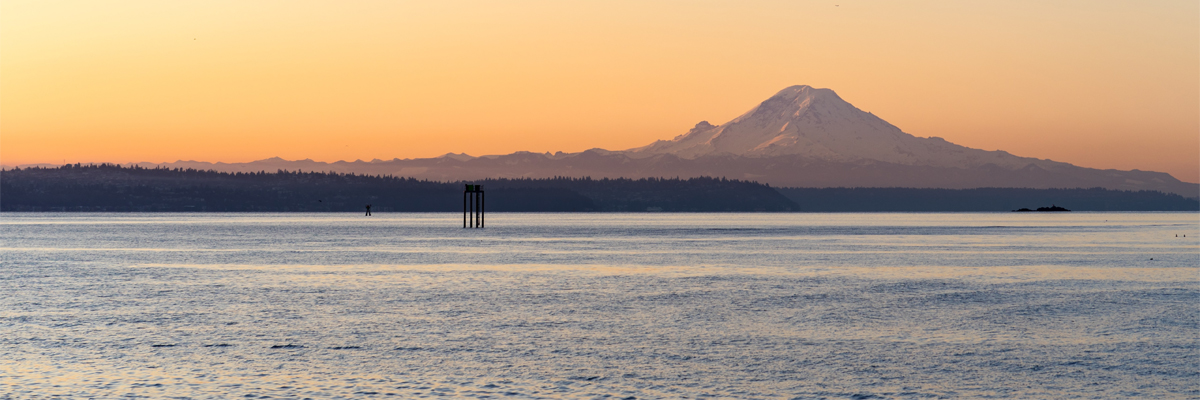Jefferson County Commissioner, Kate Dean, Thurston County Commissioner, Tye Mesner, and San Juan County Councilmember, Cindy Wolfe, took time this month to participate in Puget Sound Day on the Hill in Washington, D.C. They joined Tribes and other Puget Sound salmon recovery organizations to advocate for federal funding programs aimed at improving the threatened Puget Sound ecosystem and salmon species.
The key messages included:
- Recovering America’s Wildlife Act (RAWA). Dedicated funding is needed to ensure state and tribal wildlife managers can adequately prevent wildlife species from becoming further threatened or endangered. This Act will help recover Washington species like the Southern Resident Killer Whale, Island Marbled Butterfly, Rockfish, and the Marbled Murrelet.
- Conservation Title of the Farm Bill. Passage of the Farm Bill should include robust provisions that meet the growing demand from agricultural producers by providing food, preserving open space, and conserving soil, water, and fish and wildlife habitat.
- Northwest Straits Initiative Reauthorization. A community-led collaboration, the Initiative seeks permanent reauthorization to continue critical marine restoration and conservation work.
Congressional members were encouraged to specifically:
- extend application timelines, avoid summer work windows, and reduce match requirements;
- streamline restoration project permitting and pursue one-stop shop applications for funding nature-based solutions;
- encourage project bundling across broader areas and lengthen the spend-down periods to increase collaboration and impact; and
- use current funding programs and policies to improve resilience, restoration, and infrastructure at the same time.
While the status of FY24 spending packages remains unknown and potentially perilous, in the event that a year-long continuing resolution becomes necessary, Congressional members were urged to maintain FY23 enacted funding levels to ensure certainty for current recovery programs. The economic impacts in our state are significant. Every $1 million spent on watershed restoration results in approximately 17 new or sustained jobs, and as much as $2.5 million in total economic activity. Recovering Puget Sound creates jobs in multiple sectors, including food, hospitality, sustainable forestry, shellfish aquaculture, the maritime industry, international trade, tourism, and oil transportation safety and spill prevention.
This shared recovery effort from federal, state, local, Tribal, and non-governmental partners is an example of broad-based, effective partnerships and innovation.
Policy Contact:
Brynn Brady
Ceiba Consulting, Inc.


